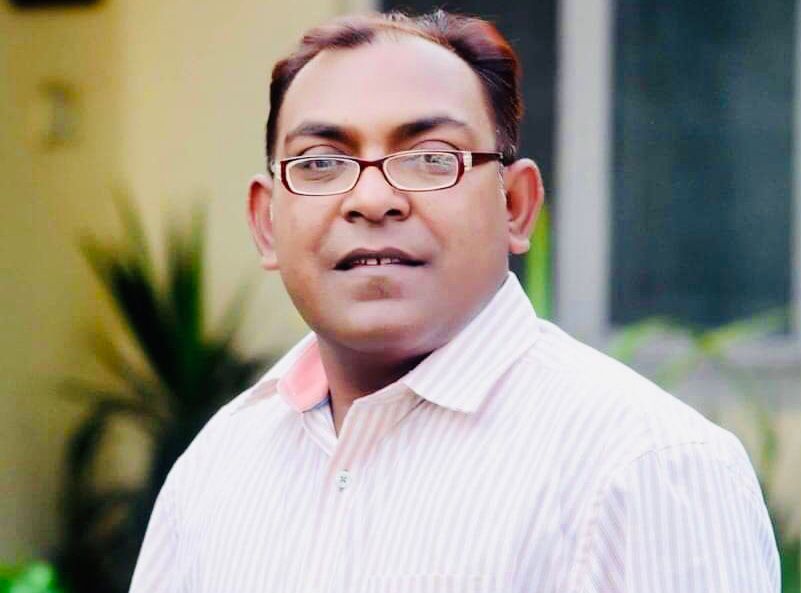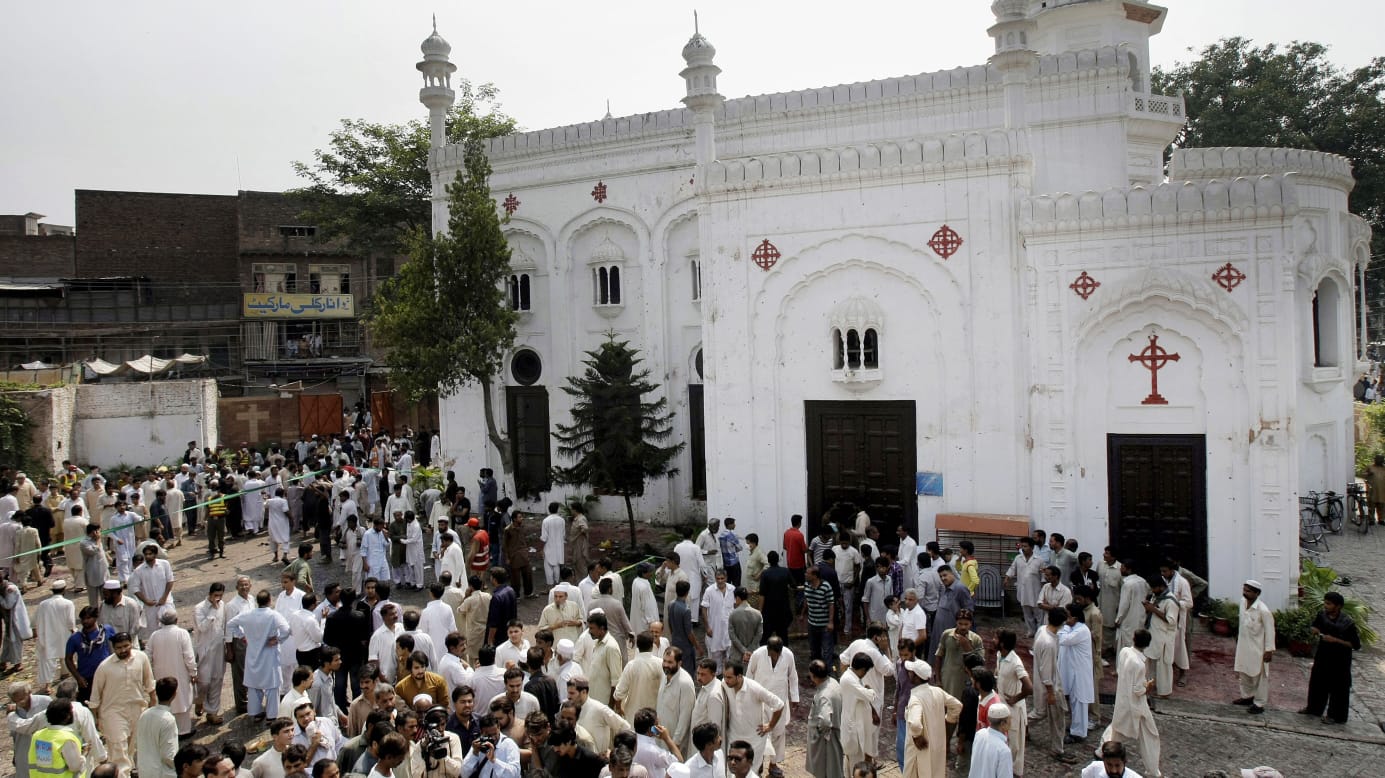
This September, marks the ten-month anniversary of the tragic All Saints Church bombings in Peshawar. These bombings claimed the lives of over 89 churchgoers, leaving dozens more injured and disabled. Each year on September 22nd, special prayer services are held not only at All Saints Church to commemorate the martyrs but also in various parts of Pakistan and among the international diaspora.
The memory of this attack continues to haunt both the victims and the families of the deceased. It stands as one of the largest attacks on a church in Pakistan, particularly in the province of Khyber Pakhtunkhwa.
Bishop Humphrey Sarfraz of Peshawar, speaking on the occasion, emphasized the Christian community’s enduring commitment to serving the nation despite the numerous challenges they face. He called upon the Christians of Pakistan to continue their dedicated services towards the country in their respective roles, recognizing the blessings they have received from their nation.
Furthermore, he stressed nation-wide congregation to stick to the Christian principle of not retaliating against persecutors but instead praying for their change of heart. Bishop Sarfraz described September 22nd as a day of remembrance for Christian martyrs in Pakistan, with special prayers being offered nationwide to honor their memory.
In the aftermath of the 2013 attack, the then-Prime Minister Nawaz Sharif and Khyber Pakhtunkhwa Chief Minister Pervaiz Khattak announced financial support of ten crore rupees each for the families of the deceased and injured. Subsequently, these funds were later converted into an endowment fund for minorities through a legislative process. None of the victims have received these funds until now.
Reverend Shahzad Murad, the Parish Priest of All Saints Church in Peshawar, emphasized the resilience and unity of the congregation following the twin bombings on their church. He noted that this tragedy had fostered a sacrificial spirit within the community.
Addressing the vulnerability of the victims, Rev. Murad highlighted the ongoing challenges faced by abandoned families and unemployed individuals who had been affected by the attacks. He emphasized that these particular groups were among the hardest hit.
Drawing attention to the financial difficulties encountered by victims, Rev. Murad appealed to the authorities for streamlining the process of accessing financial support from the minority’s endowment fund, administered by the Auqaf, Religious and Minority Affairs Department of Khyber Pakhtunkhwa.
He suggested implementing a one-window operation to simplify the process, as many victims, particularly women and orphaned children, encountered hurdles due to the multiple verifications and paperwork involved.
Rev. Murad emphasized that the church, with its limited resources, was unable to construct the necessary support centers required to help victims regain normalcy in their lives. He proposed that rehab centers should be developed, to offer the victims with a psychological support and also to enable them, via skills and vocational training. He also suggested, that startup grants should be provided to skilled and disabled victims in order to assist them in rebuilding their lives.
Rev. Murad highlighted the importance of holistic rehabilitation, underlining that it was the government’s responsibility to ensure the physical and psychological well-being of the victims as they embarked on the path to recovery and self-sufficiency.
Joseph Jansen, a prominent Human Rights Defender, expressed deep concern over the dire situation faced by victims of the tragic incident. He emphasized that several individuals have lost their lives, and many have been left permanently disabled due to the lack of timely financial support for medical treatment. Jansen stressed that prompt financial compensation could have saved lives and prevented long-term disabilities.
Moreover, Jansen urged authorities to prioritize the rehabilitation of victims by expeditiously disbursing funds to the injured, widows, and orphans. He emphasized the need for special measures to ensure swift financial assistance to those affected. Delayed compensation, he noted, has not only caused financial hardships but has also resulted in severe trauma, particularly among the children of victimized families. Many children have been unable to pursue their education, and some have fallen into debt traps. This dire situation has been exacerbated by the fact that many victims were the sole breadwinners of their families, leaving them in a vulnerable position.
Social and political activist Augustine Jacob commended the establishment of an endowment fund dedicated to religious minorities within the province. He described it as a crucial measure for safeguarding the fund and ensuring its transparent distribution to deserving victim families. Jacob further urged both the Church and relevant authorities to collaborate in setting up facilitation centers designed to assist these families. These centers would play a pivotal role in not only educating victims about the compensation process but also providing hands-on support throughout.


Leave a Reply